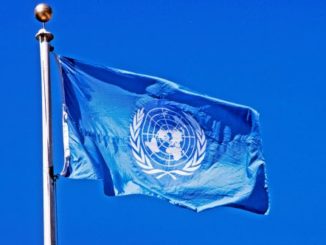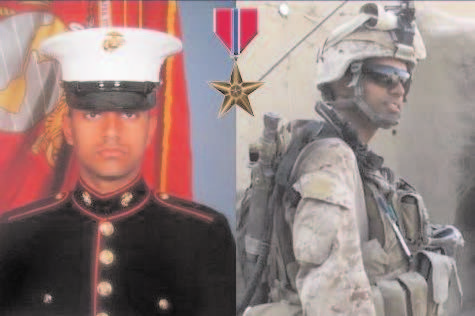
Underscoring continued security worries, the United States said on Thursday it was temporarily withdrawing more staff from its embassy in Libya’s capital Tripoli, but hoped they could return early next week.
Rasmussen reiterated that NATO had no intention to intervene in Syria as it had in Libya, but stood ready to defend NATO member and Syria’s neighbor Turkey, should this be necessary.
“We do believe that the way forward in Syria is a political solution,” he said. “Syria is a very complex society, religiously, ethnically, politically. Any foreign intervention may have unpredictable repercussions.”
Rasmussen said an October 9-10 meeting of NATO defense ministers in Brussels would discuss a decision to halt joint operations by NATO-led foreign troops and Afghan forces in Afghanistan after a spate of killings of NATO soldiers by Afghans they were training.
He stressed that the measure was “temporary,” but could not say when it might be lifted. “That decision will be taken on the ground based on a complete evaluation of the security situation.” The U.S. Department of Defense said on Thursday that NATO-led forces were resuming operations alongside their Afghan counterparts in growing numbers, a week after commanders curtailed some joint missions due to a surge in insider attacks and tensions over an anti-Islamic video. The Pentagon did not provide precise figures on the extent of the increase in partnering since the new policy was enacted. But U.S. Defense Secretary Leon Panetta said in Washington that most units in Afghanistan were conducting “normal partnered operations at all levels.
Rasmussen said joint operations remained an important element in training Afghan forces to ensure they can take complete responsibility for security and allow foreign troops to end their combat role by the end of 2014 as planned.





Be the first to comment